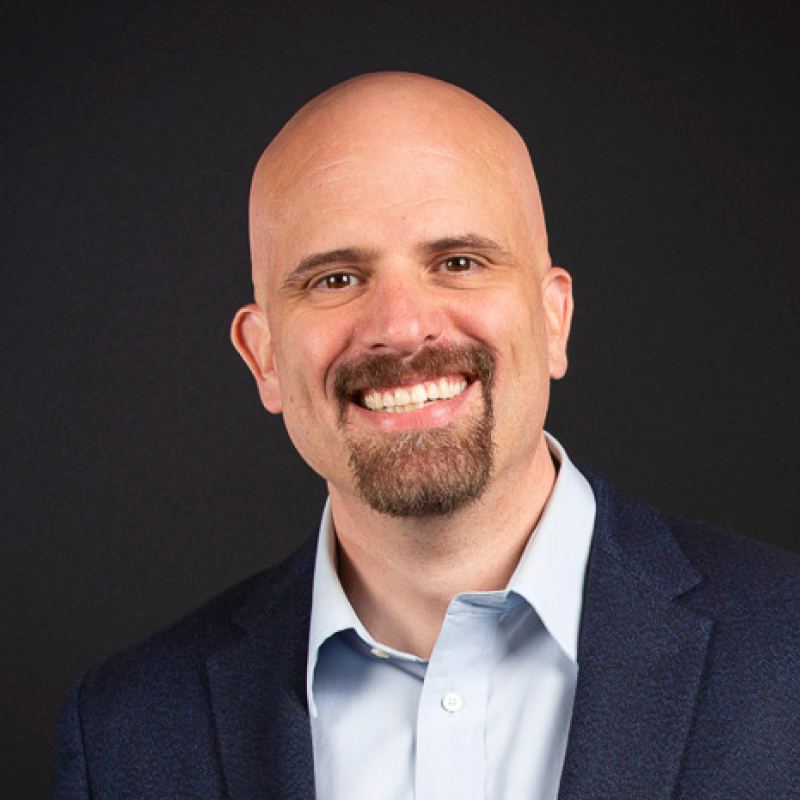ICLE Amicus Brief in Fleites v. MindGeek
The attached was submitted Jan. 17, 2022, by the International Center for Law & Economics (ICLE) to the U.S. District Court for the Central District of California, Southern Division, as a proposed amicus brief in case of Fleites v. MindGeek in support of co-defendant Visa Inc.’s motion to dismiss.
Introduction
Visa sits outside the boundaries of liability contemplated by statutes like RICO and TVPRA. At the very outer boundaries, liability for indirect actors under these statutes is analogous to the sorts of collateral liability sometimes found in other statutes and in common law tort.[1] But the nature of the relationship between Visa and the alleged direct actors in this case, dictated by the mechanics of payment networks, does not support the traditional economic and policy rationales for assigning collateral liability. This amicus brief elucidates the law and economics of collateral liability and applies it to the circumstances of Visa’s alleged participation in the alleged enterprises at issue. As discussed further below, the general principles of collateral liability counsel strongly against holding Visa liable for the harms suffered by Plaintiffs. To hold otherwise would be sure to generate a massive amount of social cost that would outweigh the potential deterrent or compensatory gains sought.
[1] This amicus brief uses the term “collateral liability” to encompass a range of theories of civil liability aimed at secondary actors not directly responsible for causing harm. Thus, the term contemplates causes of action like premises liability for third-party injury, distributor liability for defamation, civil aiding and abetting liability for fraud, contributory and inducement liability for copyright infringement, and various theories of vicarious liability under the doctrine of respondeat superior. See generally Reiner Kraakman, Third-Party Liability, in 3 THE NEW PALGRAVE DICTIONARY OF ECONOMICS AND THE LAW 583 (Peter Newman ed., 1998).







